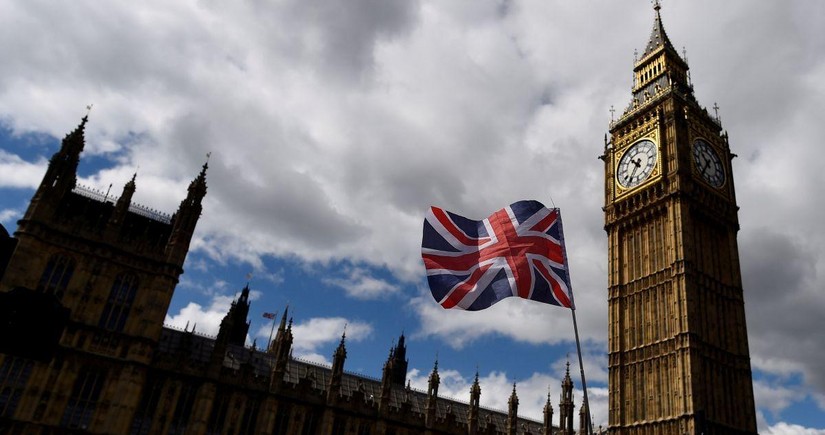FT: UK to increase defence spending to nearly 2.4% in new budget
- 26 March, 2025
- 12:31

Chancellor Rachel Reeves is to boost the UK’s defence spending by £2.2bn next year as she delivers a grim Spring Statement in which she will claim that her economic plans have been blown off course by “a changing world,” Report informs via Financial Times.
Reeves will insist on Wednesday she is providing “security” for the British people — both militarily and economically — but her speech to MPs will be dominated by dismal growth data, a yawning fiscal hole and an admission that things could get even worse.
Meanwhile, it emerged on Tuesday that Reeves has been unable to persuade the independent UK fiscal watchdog she can cut a net £5bn from the welfare bill with a series of reforms, leaving her scrambling at the eleventh hour to find savings elsewhere. In her Spring Statement, the chancellor will attempt to put a positive spin on the dark outlook, insisting that a £2.2bn extra dose of military spending from April will boost jobs at British defence companies.
The extra funding, which will come from new cuts to the overseas aid budget and the Treasury reserve, will take UK defence spending to 2.36 percent of GDP in the 2025-26 financial year. Reeves has already said military expenditure will hit 2.5 percent in 2027 — an extra £6.4bn — funded by a raid on the foreign aid budget.
“As defence spending rises, I want the whole country to feel the benefits too,” she will say. The chancellor’s address to MPs takes place in the shadow of Donald Trump, whose election as US president has forced Britain to increase defence spending. Reeves has admitted that a Trumpian global trade war will create economic “headwinds” and further dampen growth.
The chancellor will publish a forecast by the Office for Budget Responsibility, which is expected to halve its growth projection for 2025 from the 2 percent it predicted in October to close to 1 percent. The UK fiscal watchdog will also reveal a hole in the public finances of about £15bn, created by sluggish growth and higher borrowing costs, which Reeves will patch up with a wave of cuts to welfare and broader government spending.
